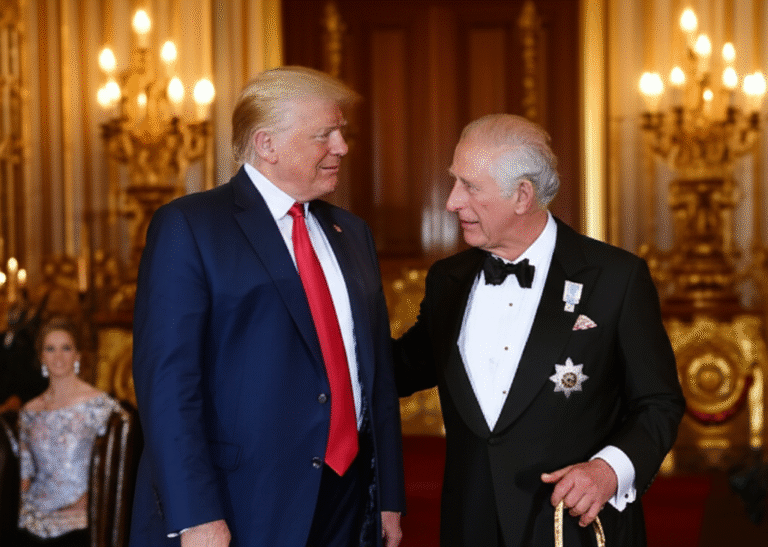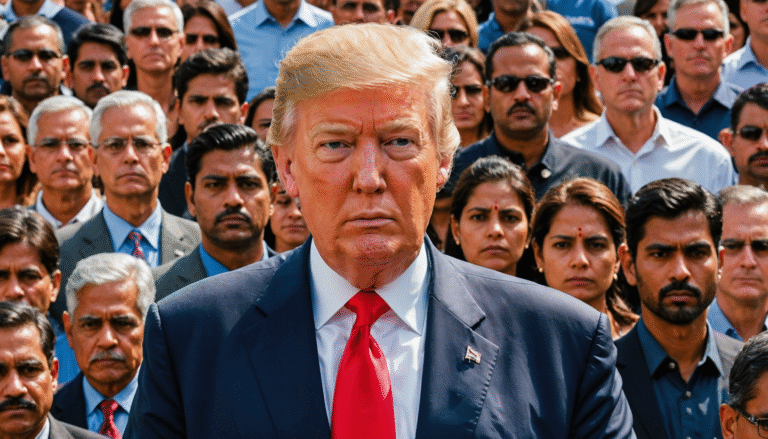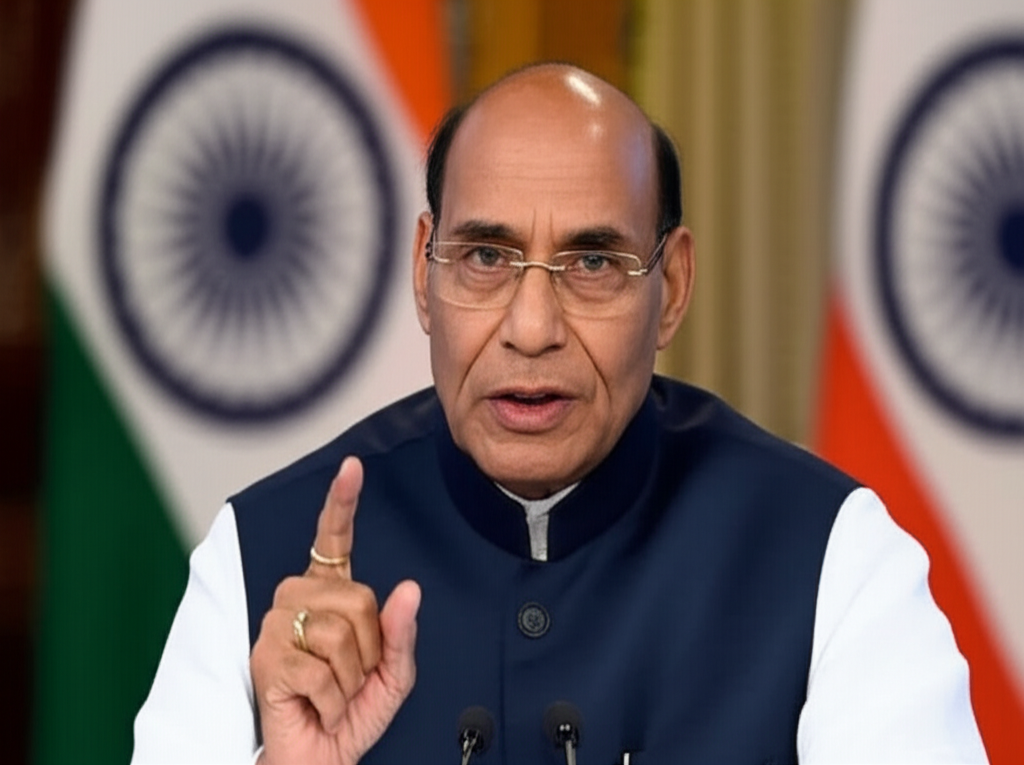
Defence Minister Rajnath Singh has firmly refuted allegations suggesting that external pressure influenced India’s military operations against Pakistan. In a clear and decisive statement, Singh asserted that India suspended its operations on its own terms, emphasizing that the nation did not yield to any form of third-party mediation. This significant declaration directly addresses claims of outside involvement, specifically dismissing notions that figures such as Donald Trump played a role in dictating India’s strategic decisions. The Defence Minister’s remarks highlight India’s unwavering commitment to sovereign decision-making in matters of national security and defense, reaffirming that the country acts independently based on its own assessments and objectives.

The clarification from India’s Defence Minister follows an admission from Pakistan’s Deputy Prime Minister, Ishaq Dar, who acknowledged that India had consistently rejected any third-party involvement in its military engagements. This reciprocal recognition from Pakistan’s side further underscores the validity of India’s long-standing position regarding its autonomous approach to defense policy. The operations, which included targeted actions like Operation Sindoor, were meticulously planned and executed, demonstrating India’s military strength and resolve. These actions were specifically aimed at terror hubs located in Bahawalpur, Kotli, and Muridke, signaling a robust response to threats emanating from these regions. Rajnath Singh further issued a stern warning, indicating that these strikes could be resumed if another attack occurs, thereby reinforcing India’s steadfast stance that all its decisions related to national security are made internally, without any external influence or directive.
India’s Independent Stance on Military Operations
Defence Minister Rajnath Singh’s recent statement unequivocally clarifies India’s independent posture regarding its military operations. His refutation directly addresses any speculation or claims that India’s strategic decisions were influenced or halted due to pressure from external entities or individuals, including former US President Donald Trump. Singh’s assertion that India suspended its operations ‘on its own terms’ is a critical distinction, emphasizing a proactive and sovereign decision-making process rather than a reactive or externally mandated one. This stance is fundamental to India’s foreign and defense policy, which prioritizes national interests and self-reliance above all.
The core of Singh’s message revolves around the rejection of third-party mediation in India’s bilateral security matters. This principle is deeply ingrained in India’s approach to its regional challenges, particularly concerning its relationship with Pakistan. By explicitly stating that no external party dictated the cessation of military activities, India underscores its autonomy and its capacity to manage its security landscape without foreign intervention. This strong position serves to dispel any lingering doubts about the origins of the operational pause, reinforcing the message that India’s military actions, or their cessation, are a result of internal strategic assessments and determinations, reflecting the nation’s strategic independence.
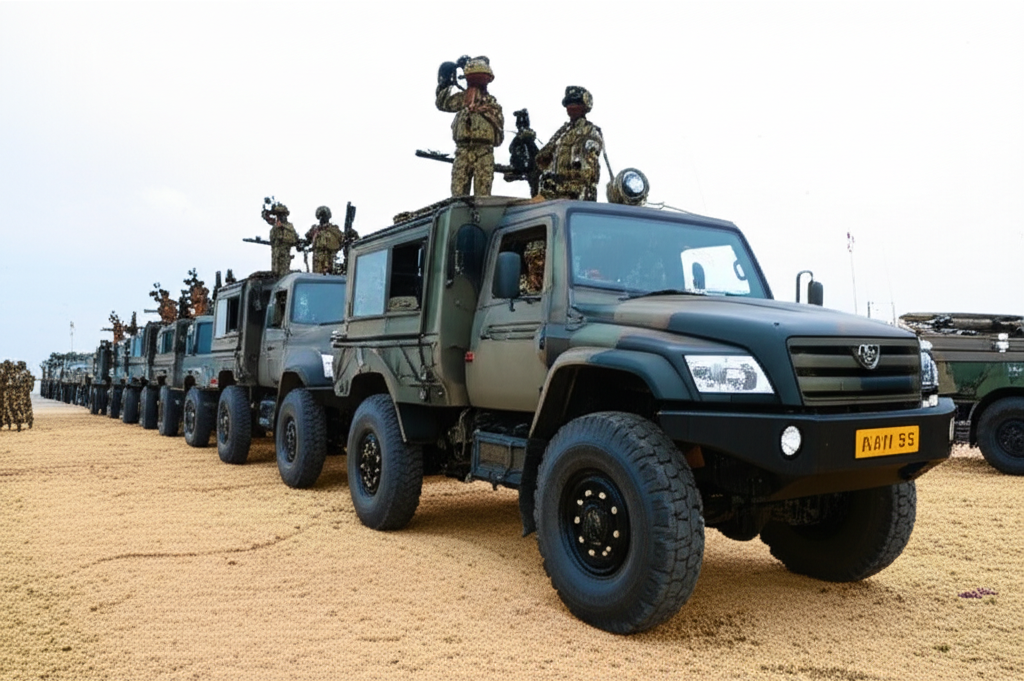
The very nature of India’s military operations, as described by Singh, points to a carefully calculated approach aimed at protecting national interests. The Defence Minister’s remarks are not just a historical recounting but a forward-looking declaration of intent, signaling that India reserves the right to act decisively and independently in its defense. This framework of independent decision-making is crucial for maintaining regional stability and ensuring that India’s security concerns are addressed effectively and autonomously, free from the complexities and potential biases of external mediation efforts.
Operation Sindoor: A Display of Military Strength
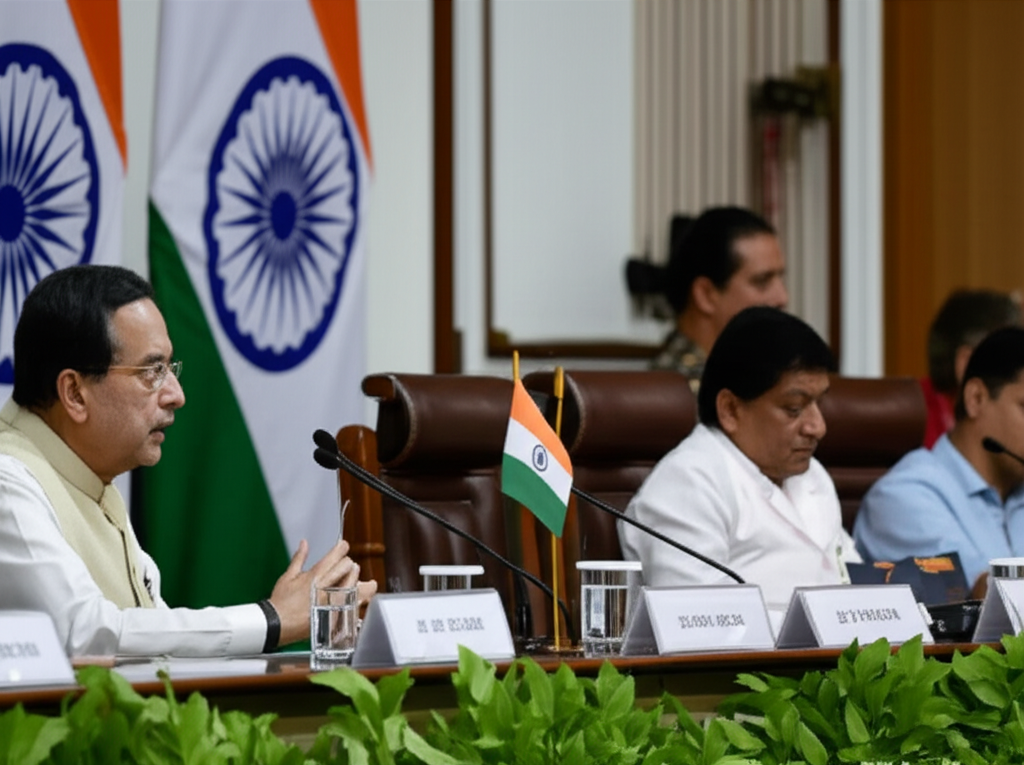
Operation Sindoor stands as a testament to India’s military capabilities and its resolute approach to counter-terrorism. The operation was specifically designed to target terror hubs, demonstrating India’s capacity to undertake decisive actions against entities posing a threat to its security. The identification and engagement of terror centers in Bahawalpur, Kotli, and Muridke highlight a focused and intelligence-driven strategy. These locations, known for their association with terror activities, were the explicit targets, underscoring India’s determination to dismantle such infrastructures.
The successful execution of Operation Sindoor showcased India’s military strength, not just in terms of conventional combat but also in its ability to project power and deter adversaries. The phrase



